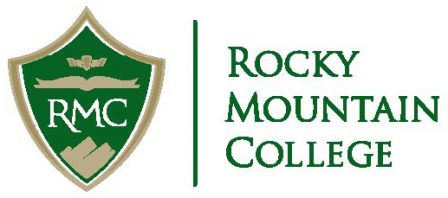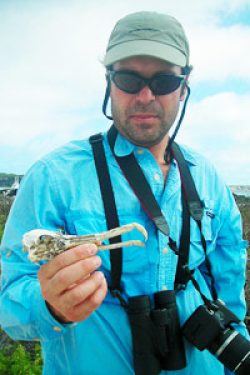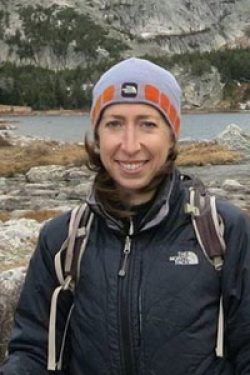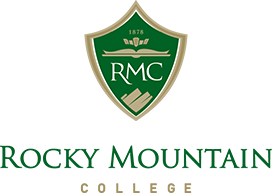Environmental Science
February 17, 2022 2024-03-27 15:36Environmental Science
Nature is our laboratory.
The Environmental Science program at Rocky Mountain College emphasizes interdisciplinary studies in the field and lab and a broad range of hands-on experiences. Classes are designed to include a wide variety of field-based, conservation-focused projects that allow our students to engage deeply in the theory and practice of environmental science and conservation biology. Students also gain extensive, hands-on experience with local flora and fauna and field survey techniques.
Rocky Mountain College’s proximity to abundant natural resources and open land make for an ideal outdoor laboratory to study human interactions and impacts on the environment. Students have the opportunity to study and work alongside the Yellowstone River, the longest free-flowing river in the U.S. Students and faculty also conduct ongoing research at multiple sites within the Greater Yellowstone Ecosystem.
Edward O. Wilson
Featured Courses
The Rocky Advantage
Career Ready
RMC Environmental Science students are prepared for a wide range of careers. Some have become:
Wild Sky Specialist, American Prairie Reserve
Eastern Montana Aquatic Invasive Species Supervisor
Staff Environmental Scientist, Montana State University, Terracon Consultants, Inc.
PhD Student, Montana State University - Ecology Department




